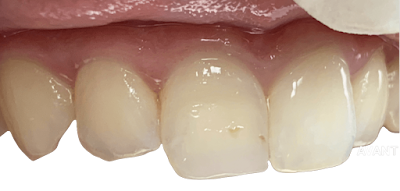Summary
E-Max Ceramic Veneers
E-Max veneers use lithium disilicate. This material mimics natural enamel with great translucency. They last long and need minimal enamel removal. They help preserve your tooth structure. Their natural look and compatibility lower the chance of allergic reactions.
Zirconia Veneers
Zirconia veneers are very strong. They resist cracks well. They offer a whiter shade, though they are less translucent than E-Max. They often cost less.
Book an Appointment Today
Contact us via WhatsApp for more info:
Composite Veneers
Advantages
- They cost less than ceramic veneers.
- They install quickly, often in one session.
- You can repair them if they crack or wear out.
Disadvantages
- They wear out faster.
- They stain more easily due to color absorption.
- They look less natural and are less translucent.
Composite veneers suit those who need a quick and affordable smile upgrade. They require more maintenance and may need frequent replacements.
Dental Veneers Price Comparison
Dental veneer's costs depend on the material and the country.
- Ceramic Veneers (E-Max): In France, they cost between €800 and €1,400 per tooth. In Tunisia, they cost around €250 per tooth.
- Zirconia Veneers: In Tunisia, they cost about €180 per tooth.
Prices may vary by clinic and location.
Choosing Between E-Max and Zirconia Veneers
Base your choice on your priorities. If you want a very natural look with high translucency, choose E-Max veneers. If you need long-lasting strength, choose zirconia veneers. Talk to your dentist to decide the best option for you.





0 Comments